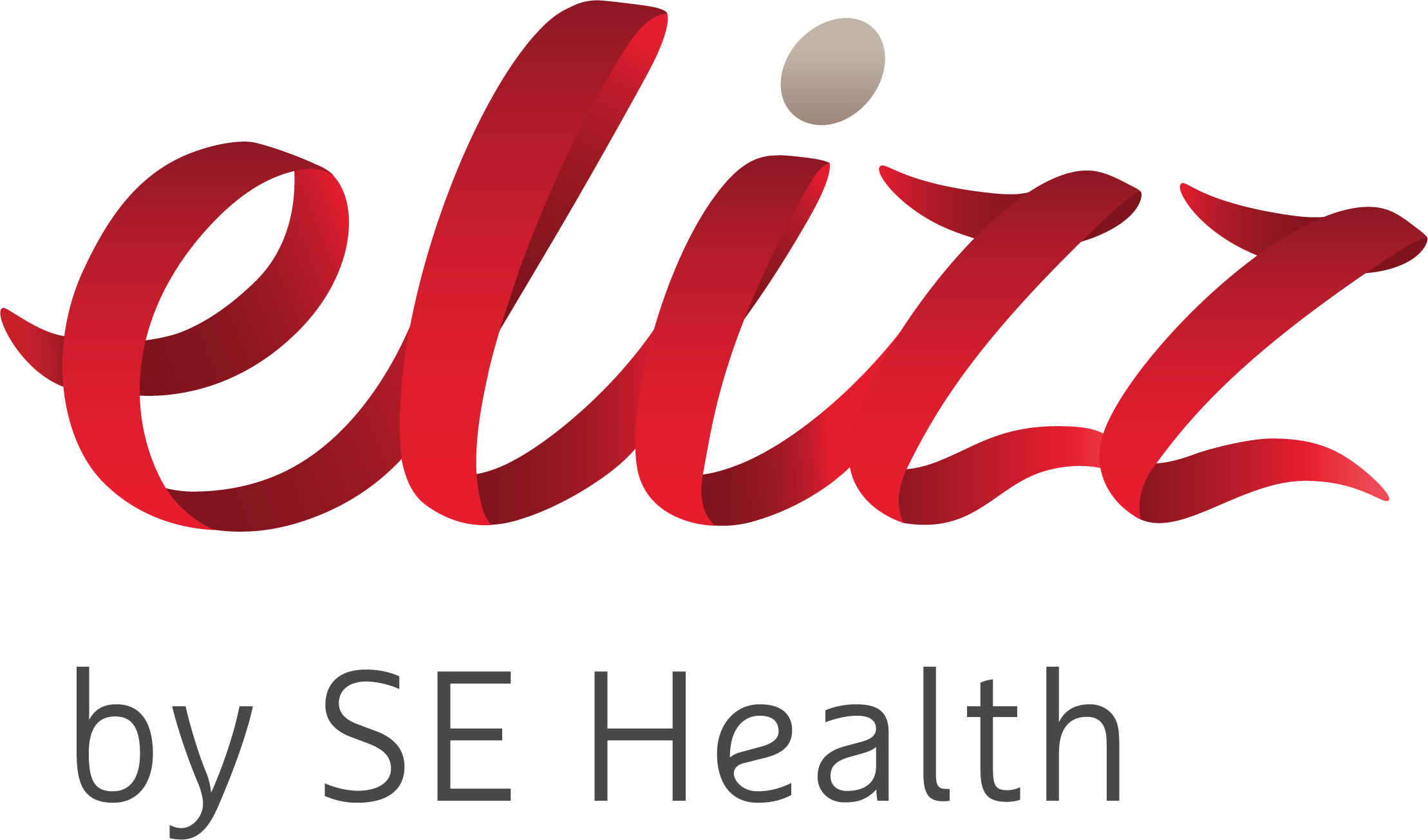Caregiving and well-being: yes it’s possible!

Before you close the webpage, let us be clear that positive psychology is not about putting on a happy face all the time and it is not about thinking positively. It is about applying science to the question of what makes life worth living. The great news for caregivers is that many of the building blocks of well-being and happiness are part and parcel of caregiving. This is because they revolve around giving and what gives life meaning, recognizing the importance of relationships and accomplishments.
These behaviours, strategies, and skills offered by positive psychology researchers are simple, take little time, and are effective when practiced regularly. Think of your happiness like a muscle. Just like physical training or exercise strengthens muscles, these practices will strengthen your happiness!
Do you know what makes you happy or would make you happy? Better said, do you know what would actually make you happy? Many of us are seduced by marketing and consumerism and link our happiness to ‘things’ and to our circumstances. While there is obviously temporary pleasure from getting something new, the operative word is temporary. It just doesn’t last. The cost of believing myths about what brings us happiness, is, well, long-lasting happiness!
Debunking myths about happiness
In a nutshell, here is the biggest myth: Happiness is determined by circumstances and factors outside of us, period. Have you ever had the thought “I will be happy when…”? How does that sentence end? “When I can afford a nicer car”? “A nicer house”? “A nicer…” Have you ever put off happiness until you are (more) successful? Or, have more money/have won the lottery? Have fewer responsibilities? More time on your hands? Well, the good news for all of us is that you can actually find happiness without these things, without meeting these external measures and acquisitions. Another way of saying this is that happiness is an inside job that starts with you and your mindset!
A second myth is that happiness and well-being come exclusively from pleasure and avoiding pain. Wrong, wrong, wrong! We now know that it is actually our resilience that is the recipe for increased happiness and well-being. Resilience is the ability to bounce back or ‘get through’ difficult or challenging circumstances.
Another myth is that our genetic predisposition determines our happiness. This is another way of saying that happiness is not within our control. Research shows that happiness is a choice even in the midst of difficult circumstances. Researchers have also estimated that 50% of our happiness may be genetic, 10% is related to our circumstances, and 40% is determined by our mindset and our habits. We are going to focus on this 40%. There are “happiness habits” that can improve the quality of our lives. Don’t worry, these habits take no longer than the time it takes to brush your teeth (well, okay, brush and floss your teeth!).
The Happiness Model
PERMA™ is an acronym for a model of well-being put forth by a pioneer in the field of positive psychology, Dr. Seligman. According to Seligman, PERMA™ describes the five important building blocks of well-being and happiness. Some of these can be directly applied to caregiving and others will help you be well throughout your caregiving journey.
- Positive emotions: Feeling good
This isn’t about smiling and pretending. It is about generating authentic positive emotions about the past, present, and future. There are effective exercises/practices that cultivate positive emotions. What do you do now to foster positive emotions?
- Engagement: Being completely absorbed in activities
When we are fully engaged in what we are doing, we create “flow.” We lose track of time and really lose ourselves in the activity. This can be literally anything, from listening to music, reading, working out, gardening, whatever (and whatever includes the so-called mundane activities like making a bed or washing dishes). What activities do you get fully engaged in? What activity captures your attention so much that you lose track of time? Are there any caregiving activities that fully engage you?
- Relationships: Being authentically connected to others
Meaningful relationships and connections are crucial for our well-being. How are you connecting with people in your life that matter to you? Do you feel connected to the person you are caring for? How can this connection be deepened?
- Meaning: Purposeful existence
Having meaning and purpose in life provides more happiness than seeking pleasure and money. Usually, it means serving something greater than ourselves. What are you doing in your life that has meaning and gives you a purpose? What meaning do you attach to your caregiving?
- Achievement: A sense of accomplishment and success
Our goals and ambitions give us the drive to achieve things that give us that sense of accomplishment. This is true no matter how big the accomplishment is. What are your current goals and ambitions? What have you accomplished in regard to your caregiving?
That 40 % that is under our control is a lot to work with. What can you change about your mindset to create more happiness for yourself?









